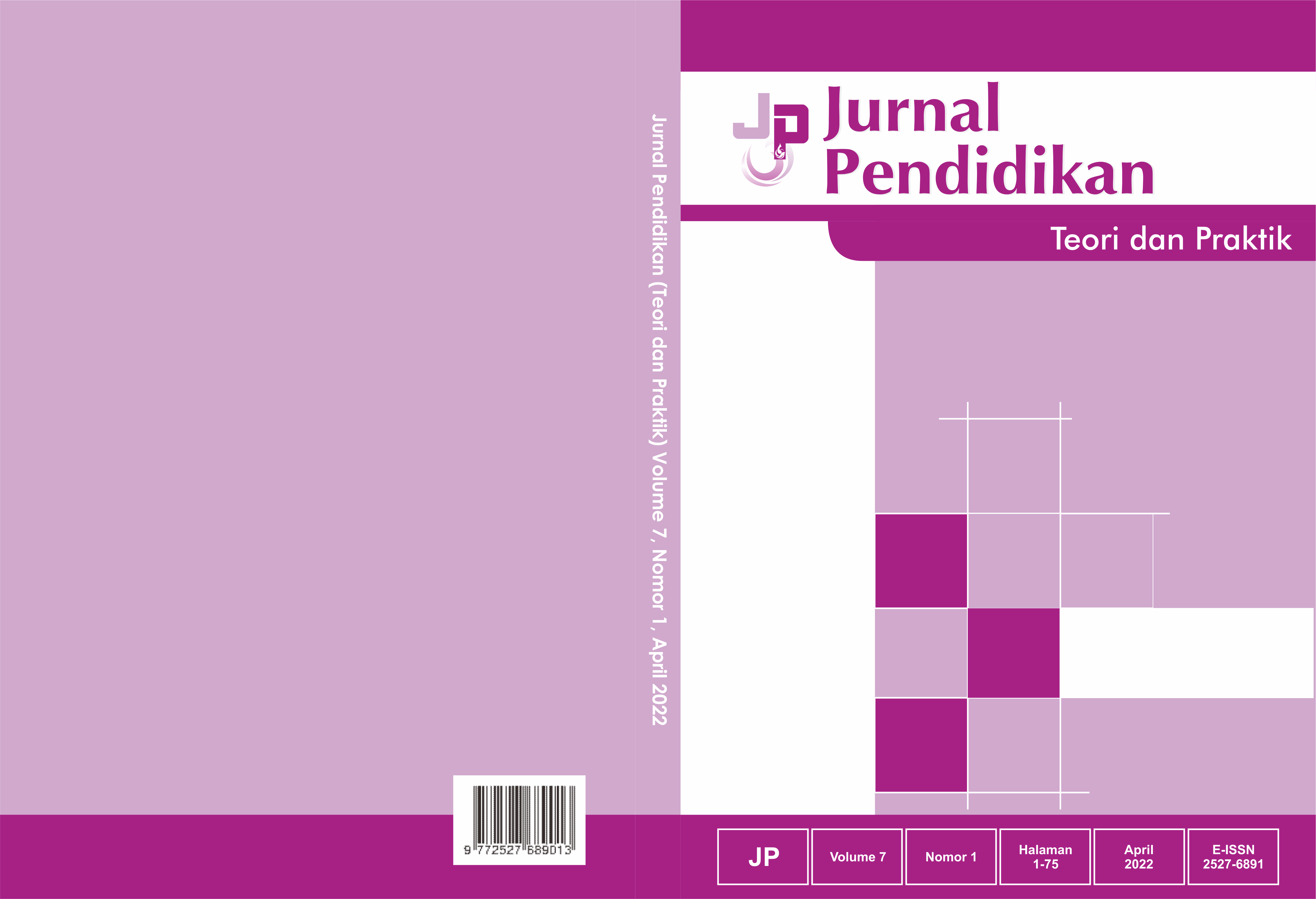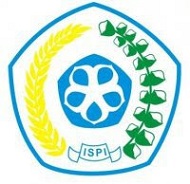CORRELATION OF SELF EFFICACY, PARENTAL INVOLVEMENT, AND SELF DETERMINATION WITH STUDENT LEARNING INDEPENDENCE
DOI:
https://doi.org/10.26740/jp.v8n2.p111-119Keywords:
Self Efficacy , Parental Involvement , Self Determination , Learning Independence StudentsAbstract
Independent learning is one of the main factors in the success of students. This study aims to determine the correlation between self-efficacy, parental involvement, and self-determination with the learning independence of high school Surabaya students. The correlational design involved 390 samples. Data were collected through four scales with item validity test ≥ 0.3 and Cronbach Alpha reliability of 0.6 - 0.770, then analyzed by multiple linear regression. The regression results show that (sig F (172) = 0.000 <0.05) there is a simultaneous significant correlation between self-efficacy, parental involvement, and self-determination with learning independence. The contribution of the three predictors in the model together is 57.30% on learning independence.
References
Cobb Jr, R. (2003). The relationship between self-regulated learning behaviors and academic performance in web-based courses. Virginia Tech.
Kartadinata, S. (2007). Teori bimbingan dan konseling. Seri Landasan Dan Teori Bimbingan Dan Konseling. Upi. Edu.
Ramadhani, R., Usmar, A., & Gazali, M. (2022). Pengaruh Kemandirian Belajar dan Efikasi Diri Terhadap Kemampuan Pemecahan Masalah Matematika Pada Siswa Kelas XII Sekolah Menengah Kejuruan Negeri 2 Kota Jambi. UIN Sulthan Thaha Saifuddin Jambi.
Suryabrata, S. (2000). Pengujian Signifikansi Hipotesis Nol dalam penelitian Psikologis. Buletin Psikologi, 8(2).
Downloads
Published
How to Cite
Issue
Section
License

This work is licensed under a Creative Commons Attribution-ShareAlike 4.0 International License.
 Abstract views: 634
,
Abstract views: 634
, PDF Downloads: 574
PDF Downloads: 574








.png)





